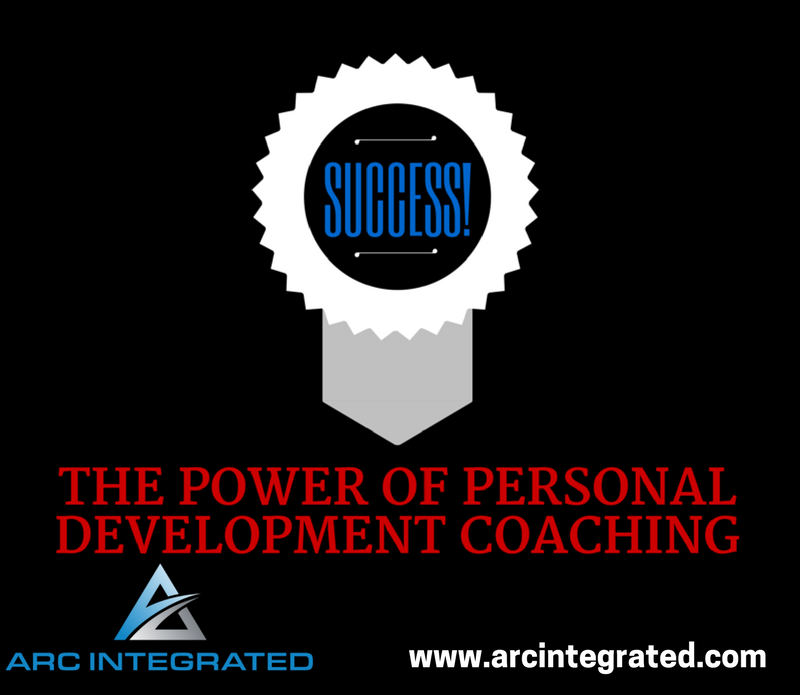
It’s that time of year. You may have recently returned from a trip, visiting relatives, vacationing with friends, or maybe just enjoying a few days off. However your holidays were spent, I hope they were rejuvenating and enjoyable. Getting back to the grind can be a challenge. I’ve certainly experienced it and I know many friends, family, and clients have too. Today I want to talk about how to beat the post-vacation slump!
Whether the holidays were filled with fun, laughter, and excitement or anxiety, busyness, and overwhelm, coming back to a routine may be tough. Below you’ll find some strategies about how to get back to being at the top of your game in work and in life, in addition to some tips for the next time you go on vacation.
Be Clear
Personal Life – This is the time for New Year’s Resolutions, woohoo! The truth is that the majority of them don’t stick. According to some data, only 8% of people accomplish their New Year’s Resolutions. However, there are many strategies on how to improve the likelihood of change that lasts. I would argue that part of the reason people don’t accomplish their resolution is that there is not enough clarity around the goal. In order to get back in work mode and also work towards new goals you have, consider outlining the details in order to build clarity. This could mean creating a yearlong vision and then working it backward to a six-month goal, a three-month goal, and eventually an action step you can take today!
Work-Life – Meetings often are less productive after many people have been out of their routine or away from work. You may see less productivity in the meetings outside of work too. To remedy this, set clear expectations for what the meeting will review and accomplish and do not veer away from this objective. Make sure there are clear action steps for all members of the meetings you attend.
Stay Focused
Personal Life – In order to stay focused on our personal goals and re-engaging in our routines post-break, there needs to be some way to stay motivated. Build focus through keeping reminders that are visible and related to your goal. Alternatively, creating a writing practice that explores the reason for working towards this goal can help to stay motivated and focused. Also, creating accountability in some way may be helpful in building focus. Accountability could be created through working through a goal with someone else or hiring a coach to help explore what is holding you back.
Work-Life – Lack of focus at work often shows up in the context of getting tasks accomplished or having a productive meeting. Often times meetings set out with many things to accomplish and by the end have not completed their intended outcome. Stay focused on what is most important and do not add too much to the meeting, always expect that things may take longer than anticipated. Have no more than three main objectives per day that are on your “must complete” list.
Action Items, Expectations, and Deadlines
Personal Life – Reaching goals is all about combing process and product. It’s great to read self-help books, follow thought leaders, or engage in the philosophical debate about mindset, intention, and positivity. The next step is combing all of this wonderful theory with small steps in the right direction. Keep in mind that these steps can be small, but should be consistent. Keeping after deadlines and continuing with actions items after exploring ideas will lead to progress.
Work-Life – The same issues exist in the work world when we have meetings or discussions around an idea. Ideas often need to be translated. People feel that meetings are a waste of time when there is no clear outcome, objective, or “to do” item. Always be clear about expectations for all attendees. Have attendees commit to their particular action item as well as deadline so everyone is clear on each person’s objective.
Keep your Routine in Check
Personal Life – Having some kind of routine in your personal life will do wonders for your mood, clarity, energy, and productivity. The holidays are an easy time to get thrown out of a routine, whether is exercise, eating healthy or a daily practice, it’s a challenging time of year to keep up with our best intentions. Here is a great resource from The Model Health Show about holding onto a good routine, even during the busiest time of year
Work-Life – Getting back into a routine is easier to do with work when it isn’t totally avoided during a break. This certainly doesn’t mean you have to be checking email every day or doing work on vacation….that is definitely not recommended. But keeping sleeping to a minimum may be helpful when it’s time to get back to work. Also, reading while on vacation may help to keep your mind active and productive so that it may be easier to re-engage when it’s time.
Push Yourself!
Personal Life – I hold the firm belief that we are much more capable than we often give ourselves credit for, in every sense. Care to experiment with this idea? Try pushing yourself past the invisible finish line that you’ve set for yourself. Go to the extra class, read the extra chapter, do another set, run the extra mile, take the risk in a relationship. Make a consistent effort to go past your comfort zone, you’ll be surprised what you learn.
Work-Life – The same concept of going past where we think we are capable of applies to work. Consider how much you get done in the typical day and see if you can double it. No, I don’t recommend working 16 hours instead of eight. Working more efficiently and pushing past some of the self-set boundaries is a better (and healthier) experiment to try. Consider how much time you spend during the average day being distracted by non-work-related issues or work that doesn’t necessarily make you more productive but makes you busier. Evaluate how to be the most productive version of yourself and push out any limiting beliefs that may have held you back previously regarding how much you could accomplish in a day.
Re-Evaluate
Personal Life – This time of year is a great time for downsizing, clearing out, resetting, cleansing, and letting go. What has been serving you this last year and what no longer helps you to become the best version of yourself? You can pose this question to any facet of your personal life from your relationships to your diet to how you spend your time. Evaluating the different aspects of your personal life allows you to set clearer goals and intentions for the year ahead and also helps to come back stronger from time off.
Work-Life – Is the job you’re in the one you want to be in? Taking the time to evaluate how much you are really committed to the work you are doing can be a helpful way to not only improve your re-engagement post-vacation but also help you make changes to your current situation. If you are certain the work you’re in is for you, great! Take the opportunity to evaluate how you will make this coming year a better one than the previous. If you determine that your purpose is elsewhere, come up with an exit strategy. Outline your strengths, objectives, and timelines. This will help make the rest of your time in your current position not seem as daunting.
*Challenge of the week*
Pick one of the strategies above and take action! Just one. After you’ve experimented for one week, come back and leave a comment below and share what you learned. Let’s help each other make significant changes this year!
All the best,
Michael
P.S. If you are curious to learn more about personal development, workplace challenges, interpersonal dynamics, goal achievement, and a wide variety of other topics, sign up today! www.www.arcintegrated.com/newsletter. It’s totally free.
You’ll also receive a FREE tip sheet with Five Strategies to Build Motivation!









